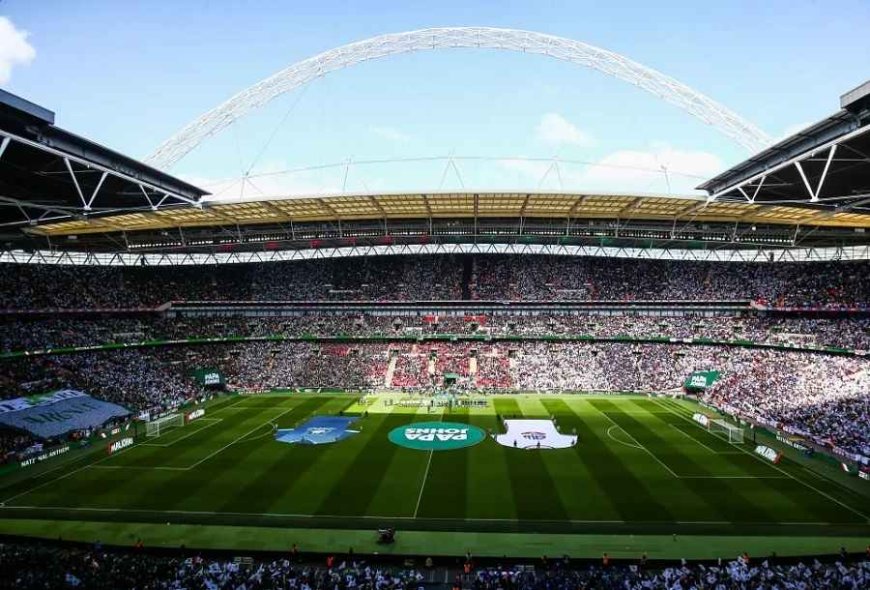The Reality of Football in England
Football in England isn't just a sport; it's an integral part of our identity, a reflection of our nation, and a topic that fuels passionate debates.

Football in England isn't just a sport; it's an integral part of our identity, a reflection of our nation, and a topic that fuels passionate debates. Whether it's the heartache of defeat or the frenzy of victory, football, or "soccer" as we commonly refer to it, is an emotional rollercoaster for us Brits.
Allow me to be your "British insider" as I unveil the unfiltered truth behind our beloved national sport.
A Glimpse into History
The roots of this beautiful game run deep in English soil. The first documented football match traces back to medieval Bristol, showcasing our enduring love for the sport. Even King Henry VIII, the portly monarch with six wives, adorned the first known football boots in 1526.
In its early days, football was a far cry from the refined sport we know today. Medieval records are rife with accounts of broken limbs and rough play. However, over time, football shed its rough exterior, evolving into a fast-paced and technically demanding sport that attracted players of exceptional skill.
The evolution of football on the pitch reflects the broader changes in British society. The 1970s and 80s witnessed a darker side of British football, with violence plaguing both fans and law enforcement. This period mirrored the deindustrialization and rising unemployment in our cities. Today, English football stands as a beacon of change, with welcoming stadiums stretching from Cambridge to Bournemouth.
The Ongoing Mystery: Why Does England Keep Losing?
A visit to a British pub may well lead you into a passionate debate about why England consistently falls short in penalty shootouts against Germany. One commonly heard argument is that the formation of the Premier League in 1992 allowed TV companies to reap billions from broadcasting rights. Rather than sharing profits equitably, private entities seized control of previously community-owned clubs and imported foreign players to enhance the global appeal of English football. Does this theory account for England's penalty woes against Germany? Probably not, but it certainly sparks lively conversations across the UK.
The Mythical Curse of English Football
Until relatively recently, many Brits held the superstitious belief that our national team was cursed, especially when facing formidable opponents like Germany and Brazil. This notion might seem comical, considering that both these teams reside in a league of their own and likely remain blissfully unaware of our supposed "curse."
Football: Woven into the Fabric of British Culture
The "Golden Generation," featuring luminaries such as Michael Owen, Steven Gerrard, and the indomitable David Beckham, may have faded into the annals of history. However, on the muddy, hallowed fields behind schoolyards, football remains a weekly ritual for British youngsters and parents alike. Local FA Cup nights, where teams with modest budgets aspire to challenge the might of Chelsea, Arsenal, and Manchester United, are the stuff of dreams for aspiring young talents.
Football in England is not merely a game; it's a reflection of our history, a mirror of our society, and a repository of our dreams. It's the enduring spirit of football that unites us across generations, transcending the highs and lows of international competition. So, whether you're sipping a pint in a cozy British pub or cheering on your local team, remember that the truth about football in England lies not only in the victories and defeats but in the passion and camaraderie it fosters among us all.
